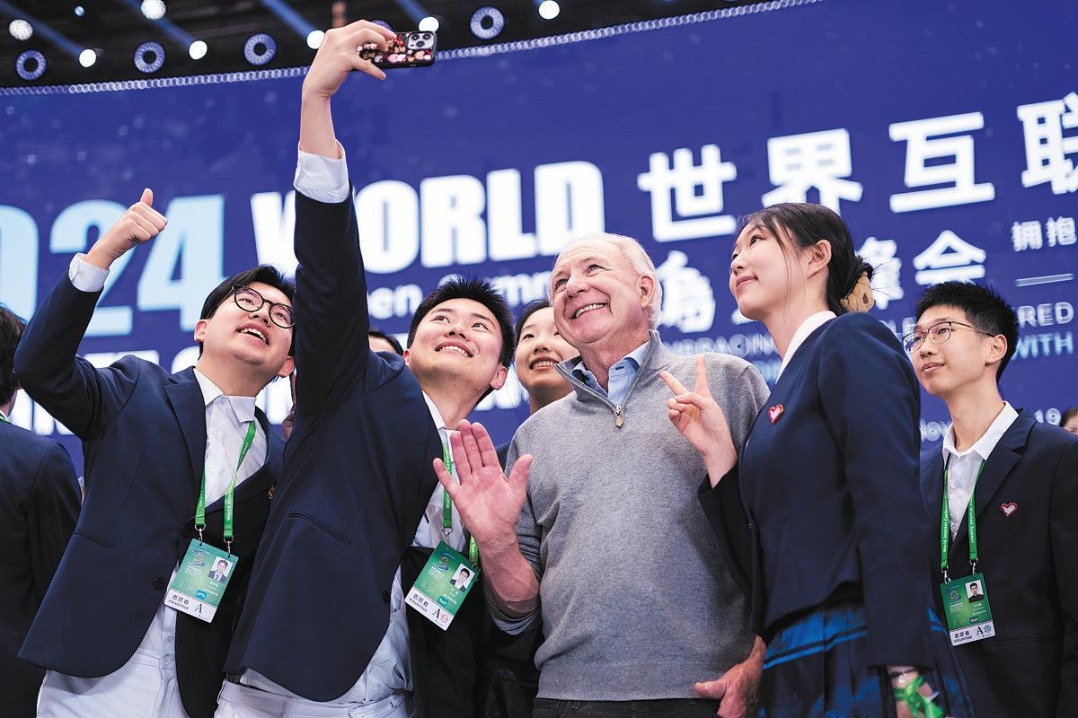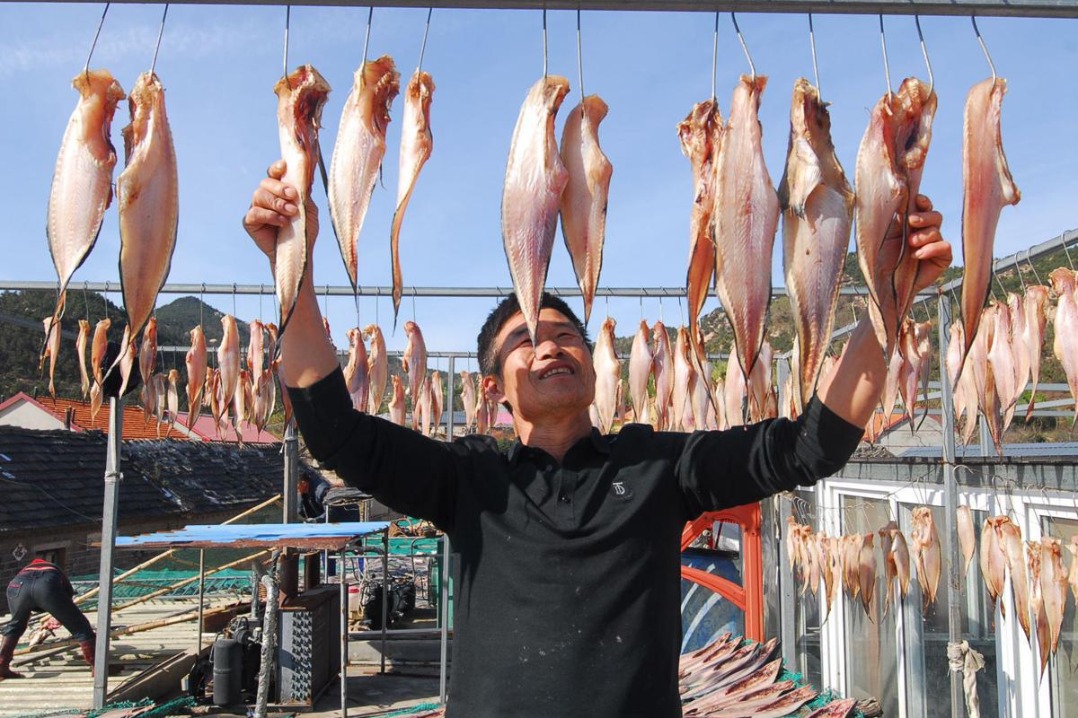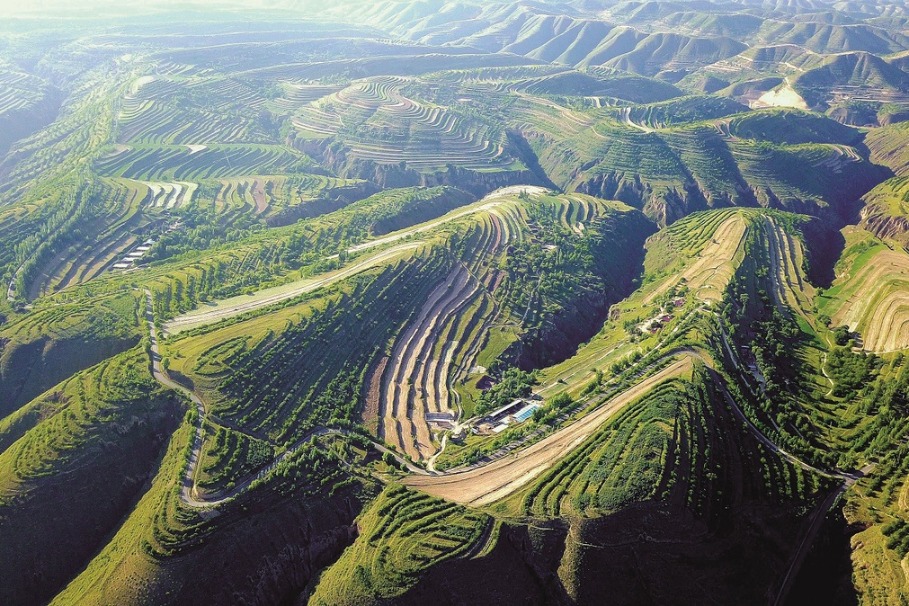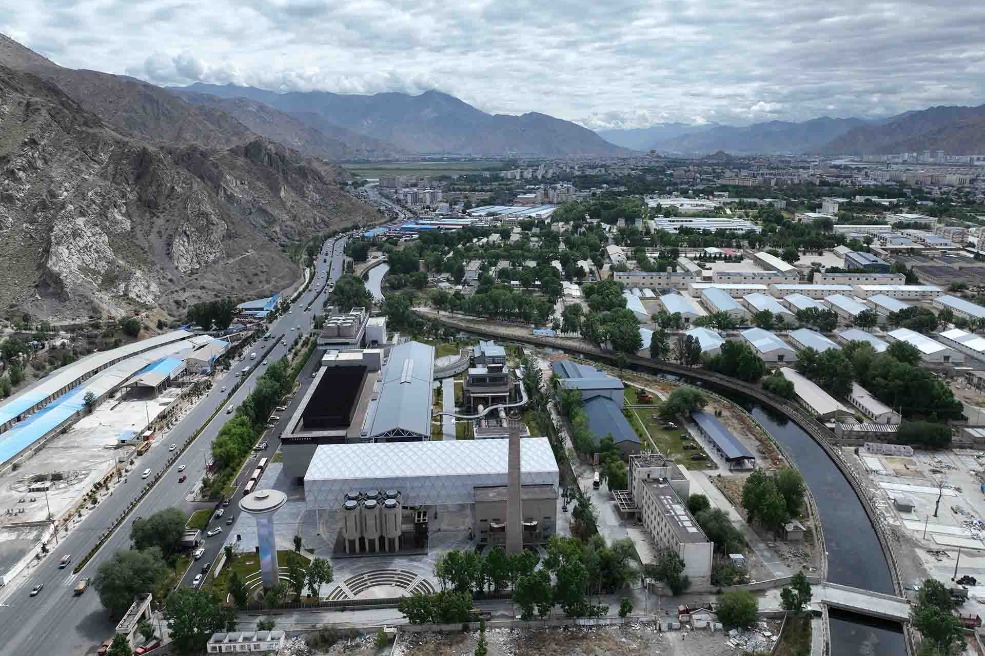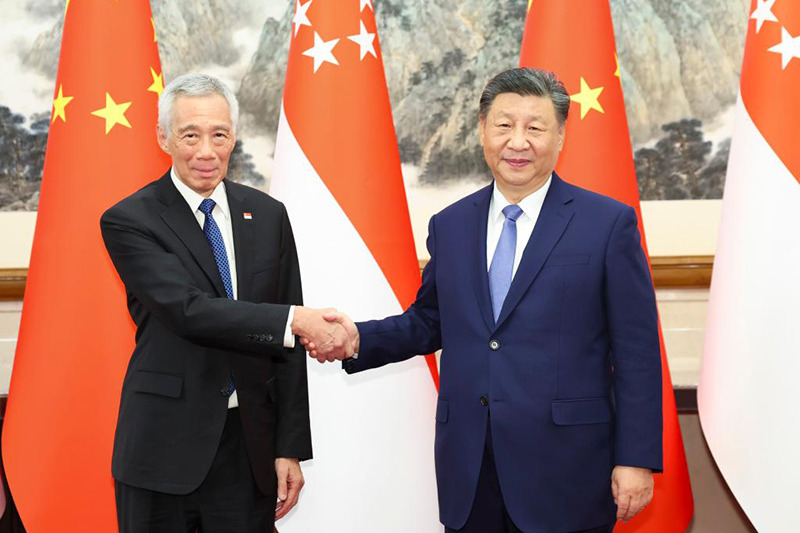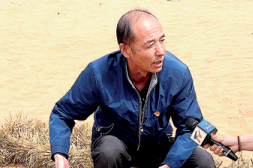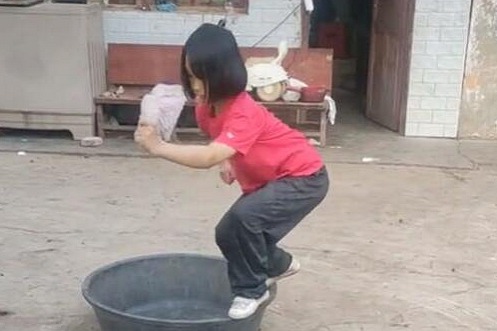The Three Olympic Questions: Calling Year 2008

Editor's Note: To celebrate the 100th founding anniversary of the Communist Party of China, we are launching the "100 CPC Stories in 100 Days" series, featuring foreigners who witnessed and participated in the CPC's history and helped the world better understand the CPC. The following is the 63rd story of the series.
The Three Olympic Questions: Calling Year 2008
"When could China attend the Olympics?"
"When could China win an Olympic championship?"
"When could China host the Olympics?"
These soul-stirring questions were posed by organizers of China's first national games in the article Advent of the National Games of China published in Shen Bao newspaper in July 1910.
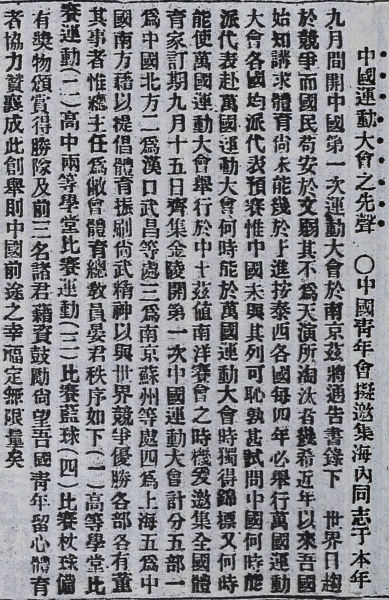
The three questions later became known as the three Olympic Questions to the Chinese people, who have since pursued this budding Olympic dream and kept fighting for it generation after generation.
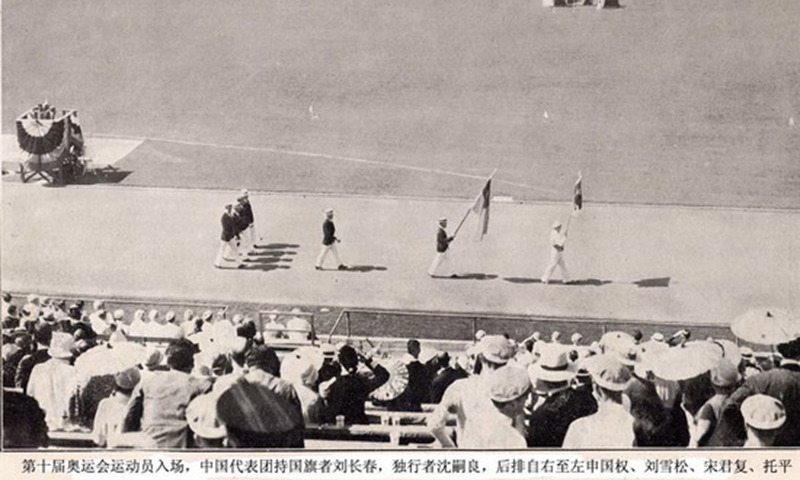
In 1932, China attended the tenth Olympic Games in Los Angeles, first time in history. Liu Changchun, a sprinter from Liaoning Province, became China's lone athlete. Before the Games, Japan coerced and induced Liu to represent the illegitimate Manchukuo regime, but was flatly rejected. "I have the conscience of a Chinese and my blood flows for China," said Liu, "How could I betray my motherland and serve a puppet regime!" The debut of the Chinese athlete at the Olympic arena gave the answer to the first Olympic Question.
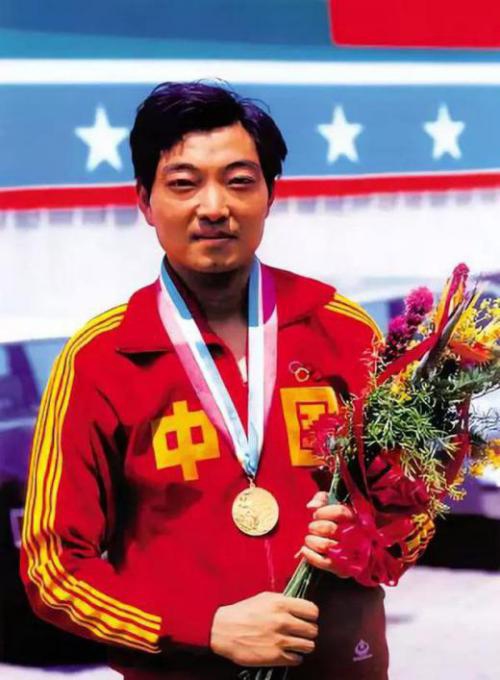
In 1984, Chinese pistol shooter Xu Haifeng won the first gold medal of the Los Angeles Olympic Games and became the first Chinese Olympic gold medalist, securing a breakthrough for China at the Olympic Games. His historic achievement answered the second Olympic Question. The Chinese sports community has since embarked on a remarkable journey.
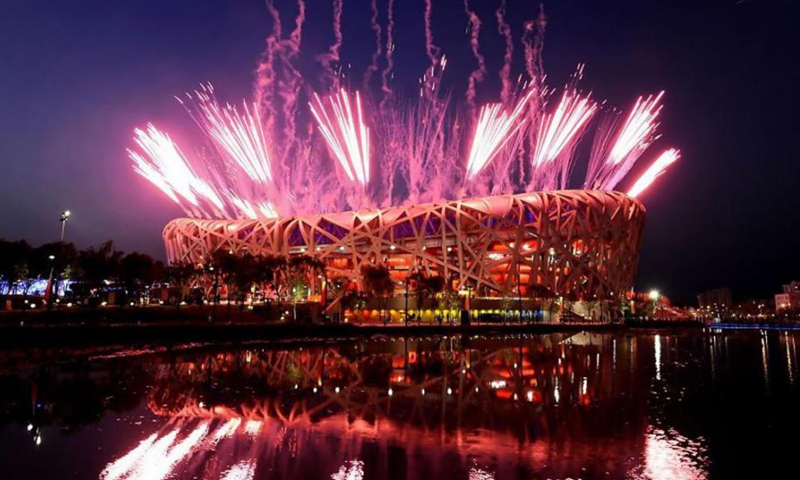
In 1990, Beijing hosted the 11th Asian Games, the first comprehensive international sports event held in China since the start of reform and opening-up. Building on this momentum, China decided to immediately launch the bidding process for the Olympics. Thanks to efforts from all quarters, in 2001, Beijing won the bid to host the 29th Summer Olympic Games. "The Games of the 29th Olympiad in 2008 are awarded to the city of Beijing" — the result announced by President Juan Antonio Samaranch of the International Olympic Committee ignited the enthusiasm of every Chinese. At 8 pm on August 8, 2008, the Beijing Olympics was officially opened at the Bird's Nest, giving a perfect answer to the third and final Olympic Question.
Samaranch commended the Beijing Olympics as the best Games ever that can hardly be matched even in the future. He once said with deep emotions that among all the honorary degrees and titles he was given around the world, the most valuable one was "a good friend of the Chinese people."
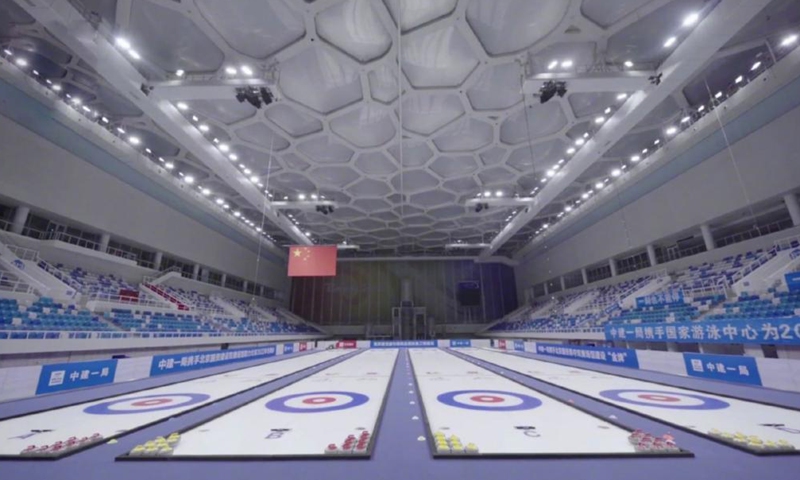
Over the century, the Chinese nation has contributed China's part to the international Olympic endeavor on an on-going mission. In 2015, Beijing won the bid for the 2022 Winter Olympics, making it the only city to host both summer and winter Olympics. As the basketball stadium Wukesong gets remodeled into an ice hockey rink and the Water Cube in the Olympic Park turned into the Ice Cube, Beijing will surely amaze the world once again with a fantastic, extraordinary and excellent Olympic gathering.
- China expands multi-entry permits for HK, Macao for neighboring city residents
- SumUp China presents selected weekly news stories
- Chinese, Indonesian militaries to hold first joint disaster relief exercise
- Mainland slams Lai Ching-te's provocative move of transiting through Hawaii
- Southwest China's Chengdu handles over 80m air passengers annually
- Macao inaugurates cultural heritage preservation center of Palace Museum
















